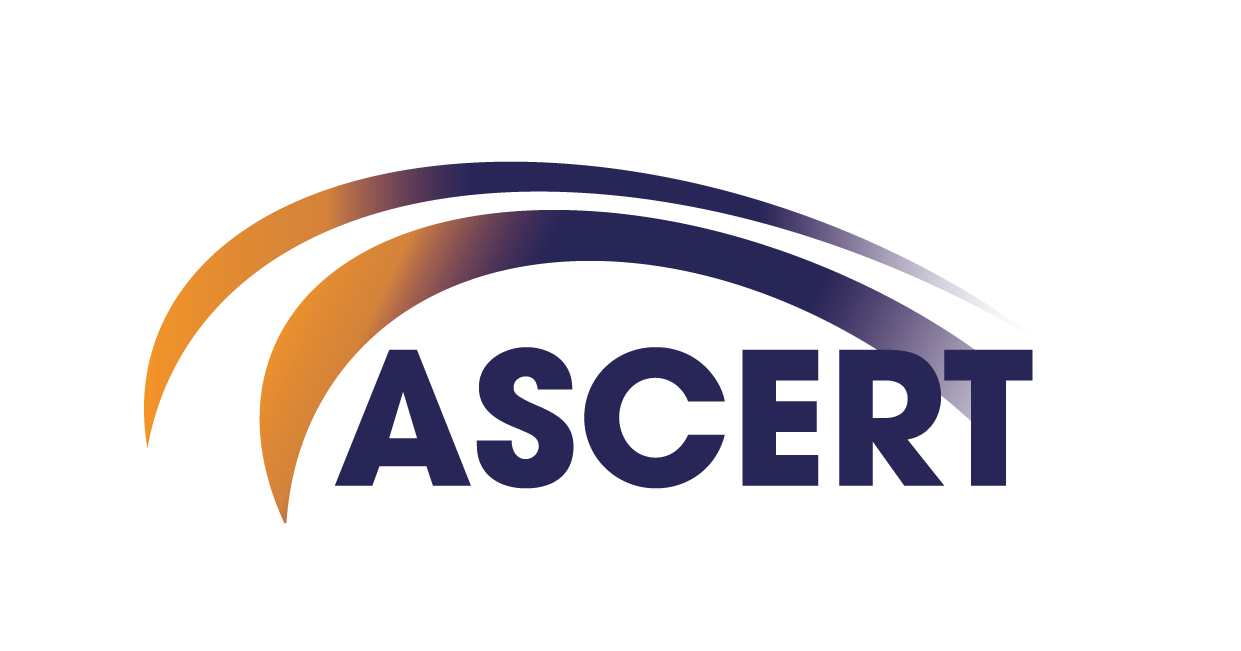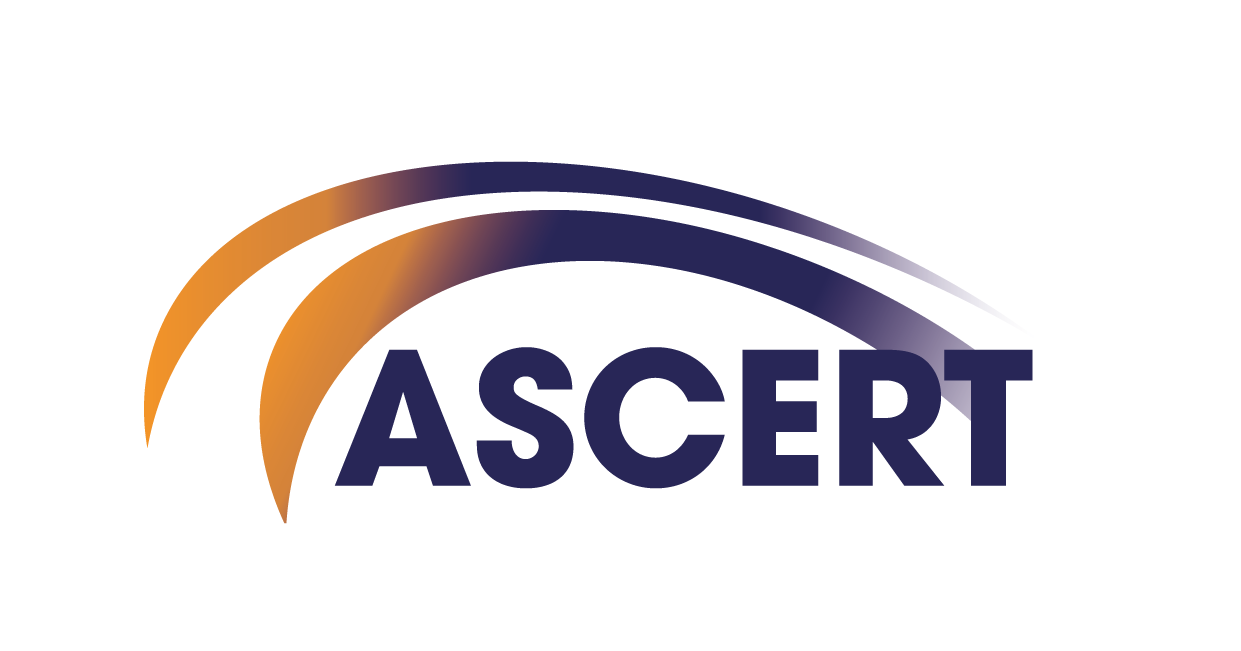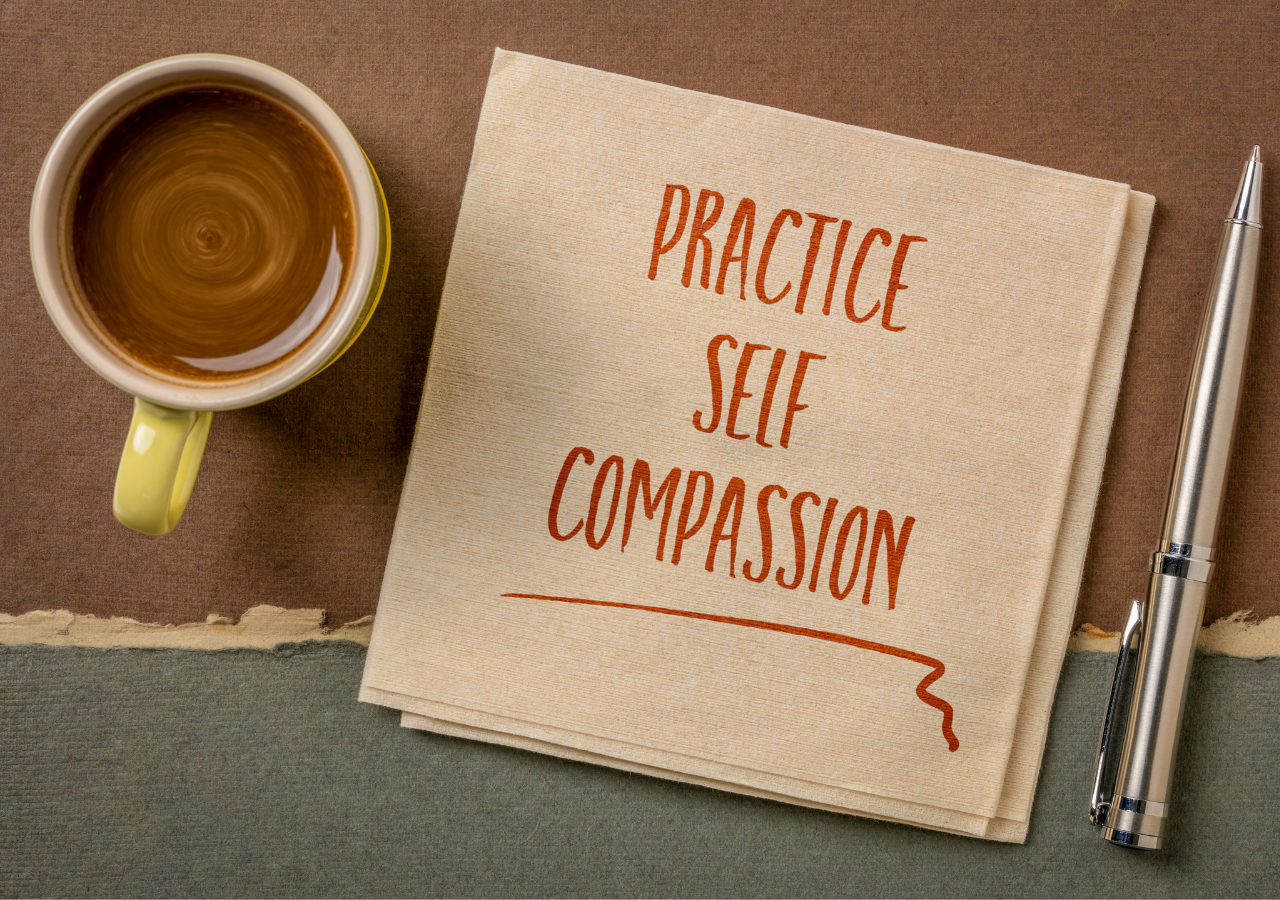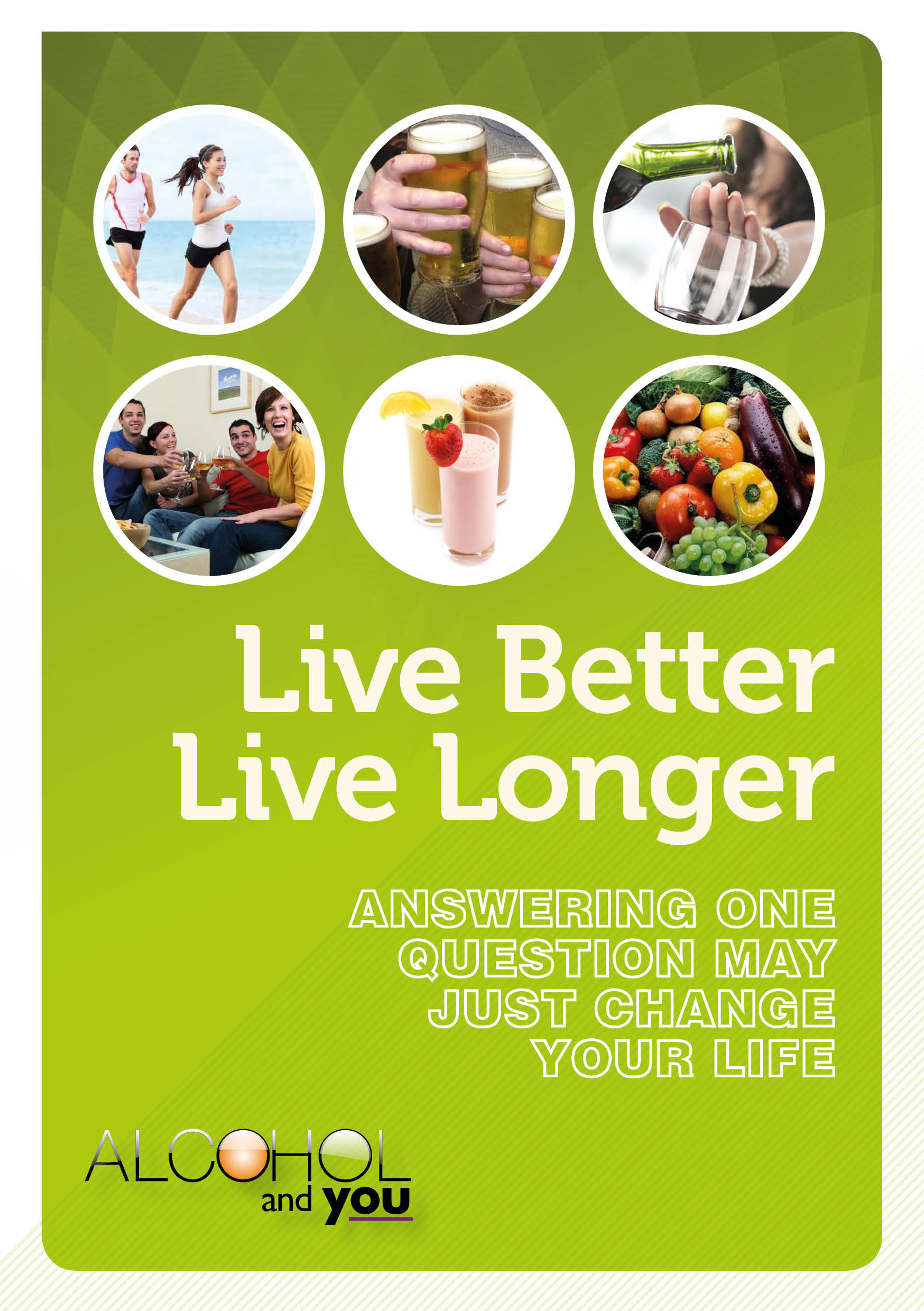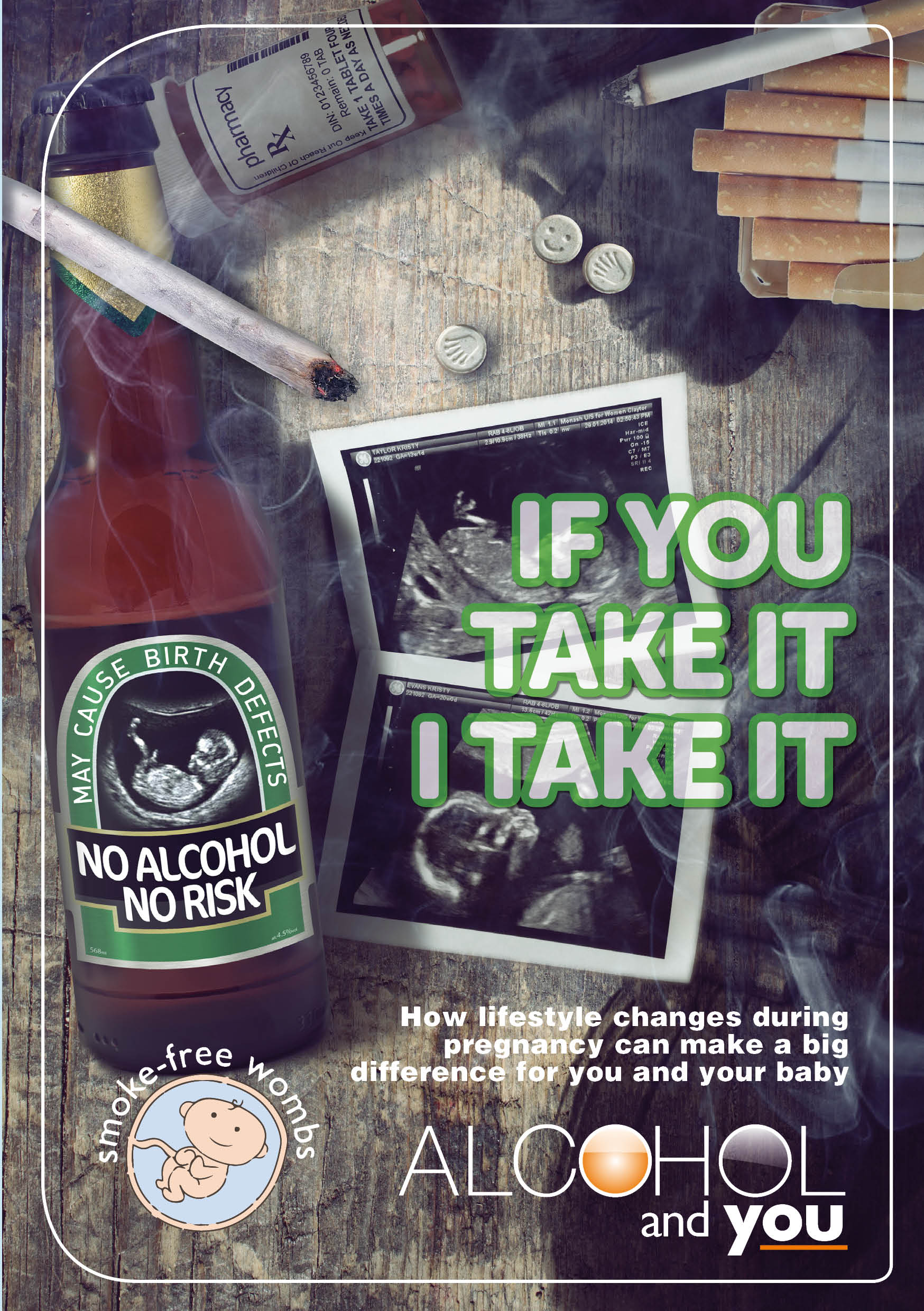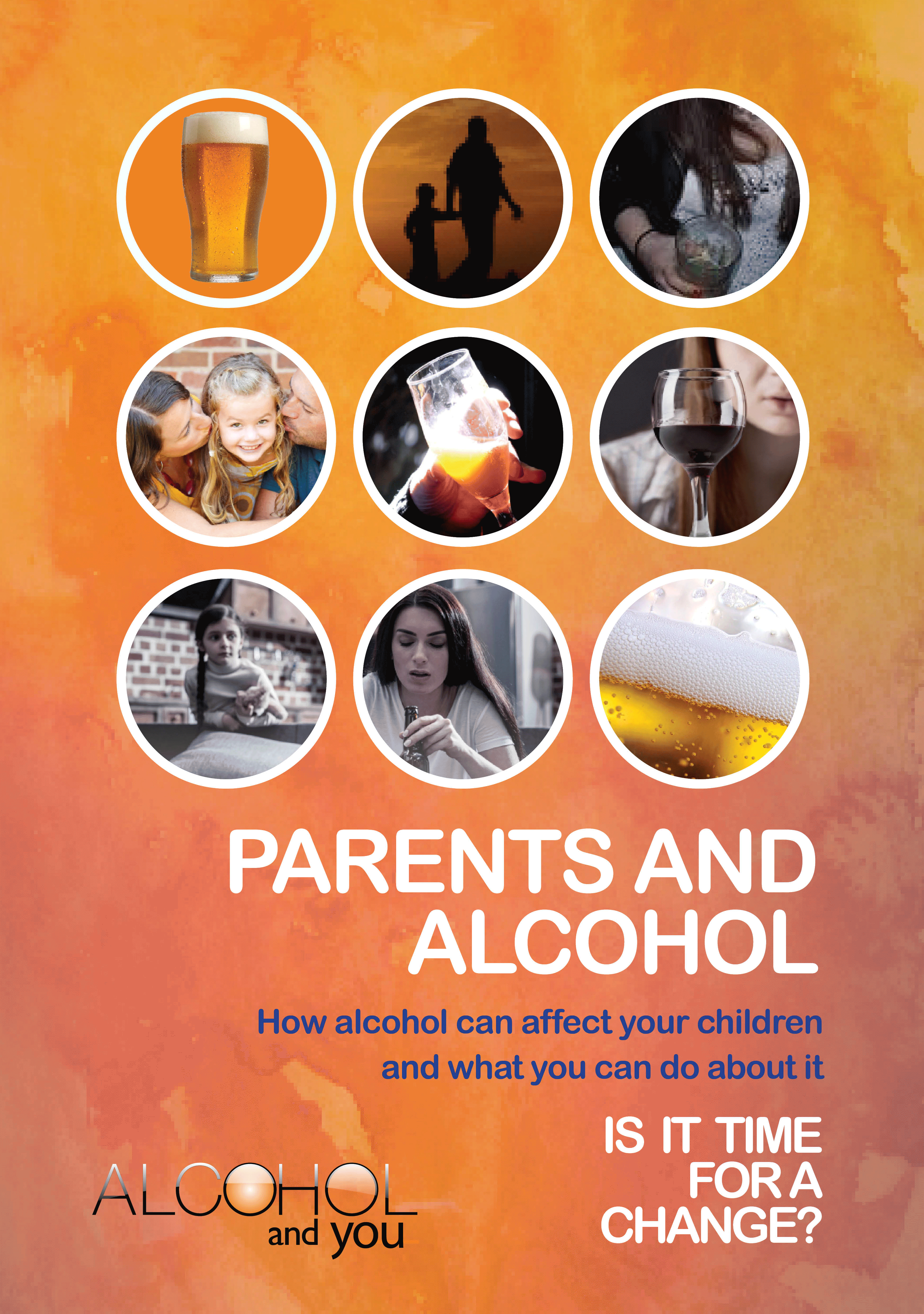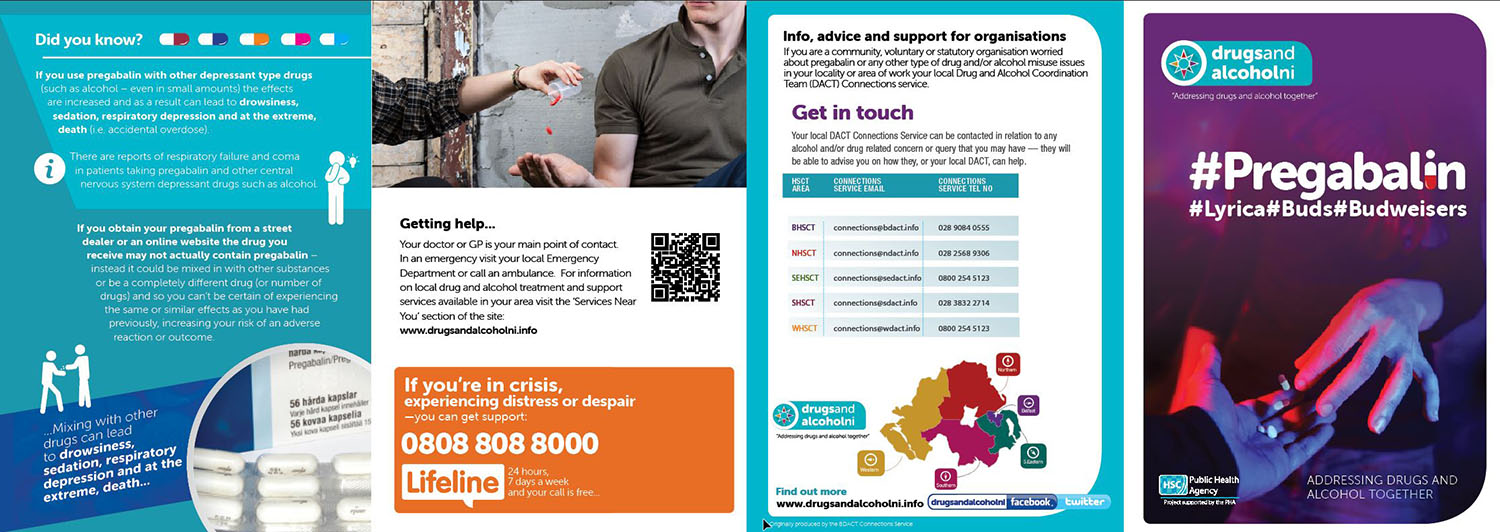RESOURCE HUB:
Self-help Resources
NEW!
Making our nervous system work for us: Using the Polyvagal Theory to improve well-being.
Do you ever feel anxious, stressed or, find it hard to keep your emotions under control? We all do. Understanding how your brain works and techniques to regulate your emotions will help regulate your emotions and improve your well-being.
Here you will find self-help resources and video tutorials that you can use to support your wellbeing.
Bend Don’t Break: Building strengths that build resilience
Do you ever have times when things seem to get on top of you? You can’t stop worrying? You over think things? We all do at times.
Bend Don’t Break is a self-help workbook and a series of video clips that will help you build resilience and support your wellbeing.
How to keep change going
Making changes in your life can take a lot of effort. Whether its improving your mental or physical wellbeing, reducing your alcohol intake, exercise, diet, it can be hard to do, and although you may be motivated at the start and have taken some steps forward, but it can be even harder to keep it up. In this video Ed Sipler, Addictions and Health Development specialist talks about how you can keep change going.
Cut down on alcohol with our mocktail recipes
Stay sociable and discover some of our fruit based mocktails to ditch the alcohol and swap it up. Here are some of our favourite recipes.
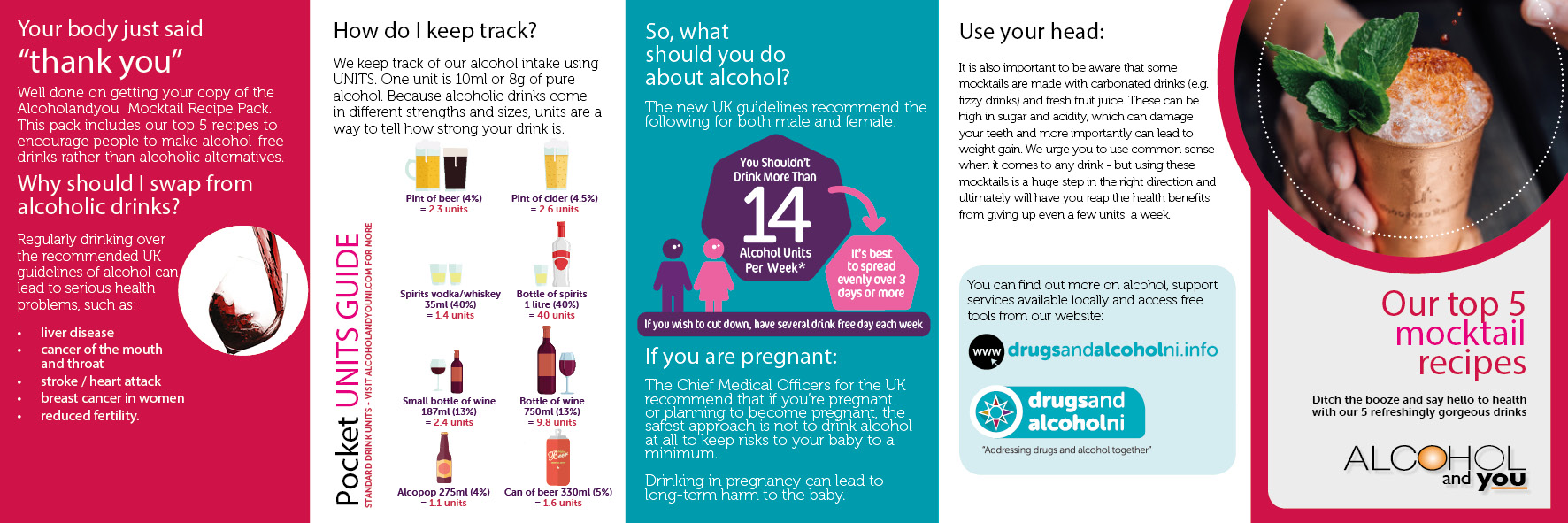
Visit the virtual bar now and check how your drinking adds up…
It is really easy to let your drinks all add up. New guidelines suggest that we should have no more than 14 units per week with several alcohol free drinking days. It is also important not to save your units up for a binge. With all this in mind, we have created a virtual bar where you can drag your weekly amount of alcohol onto the bar and see how much calories and units you clock up in a week. The results may be surprising to you.
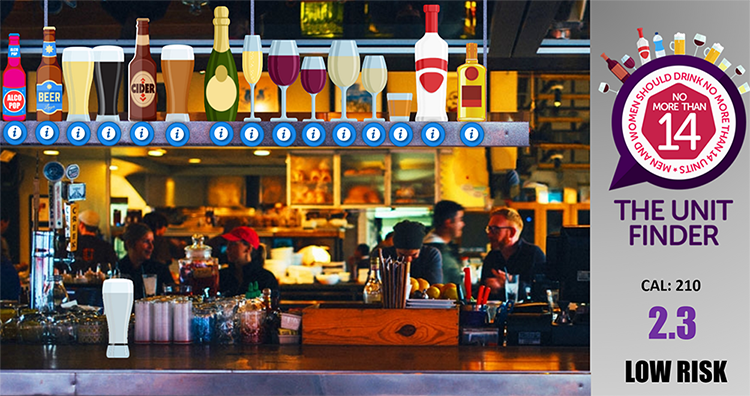
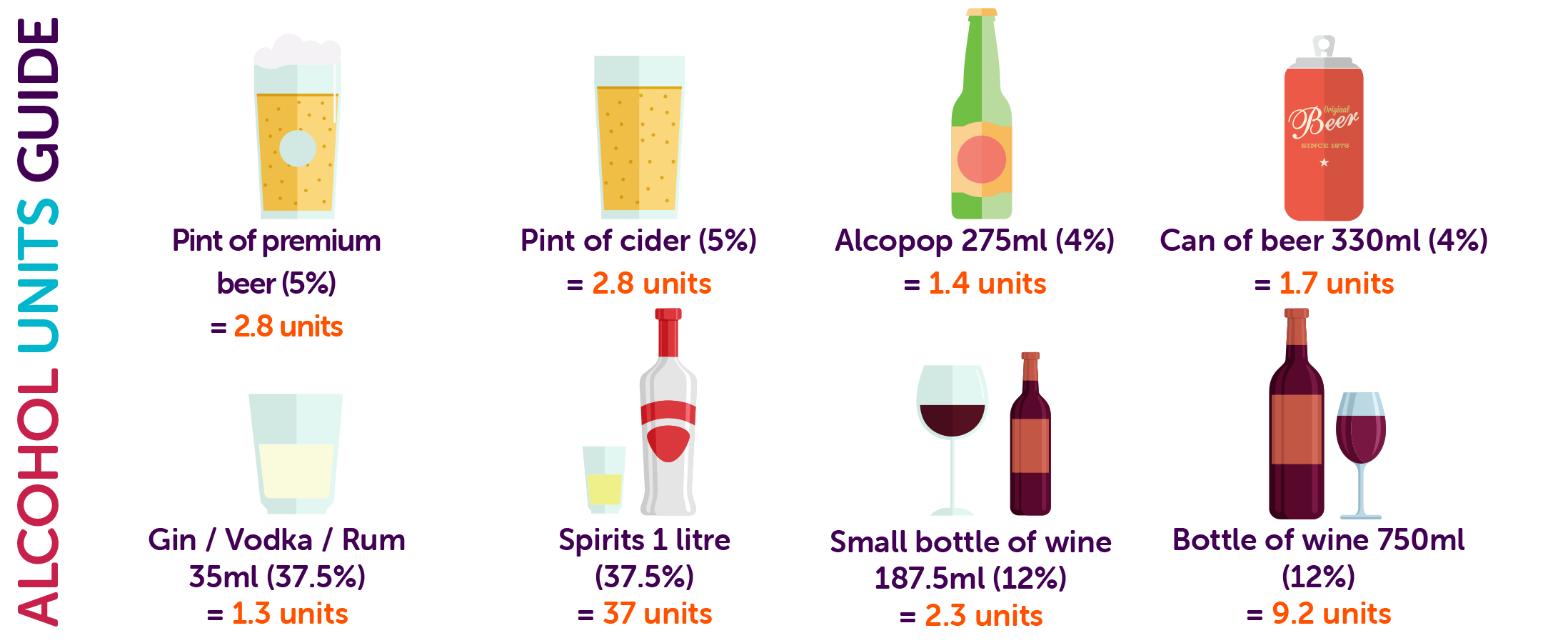
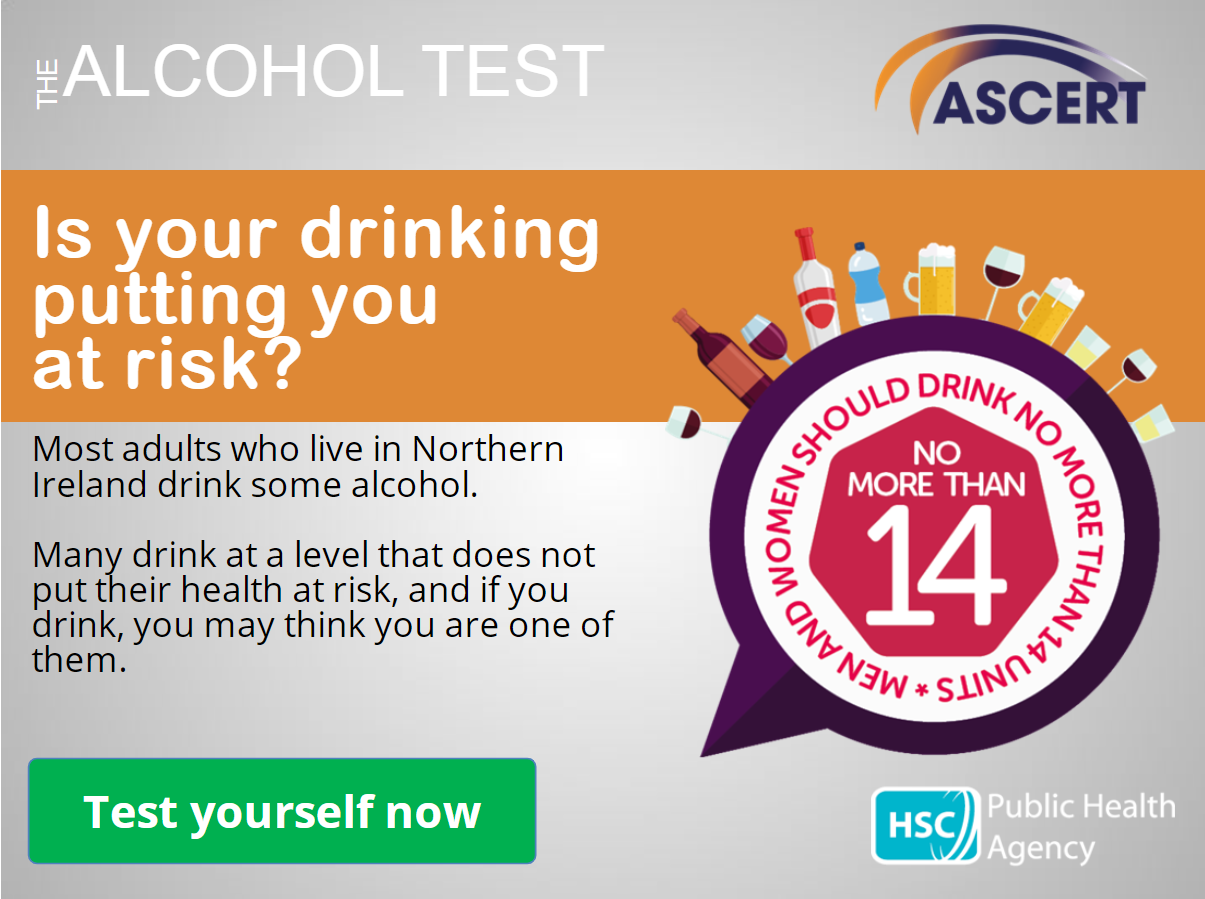
Alcohol Test
This short test will help you check out your drinking. By answering a few questions we can score your drinking and let you know if you are at risk.
The Alcohol and You Self-Help Workbook
This workbook is a helpful tool to help you look at your drinking and provides useful information and advice on how you can make changes. For many people, cutting down on their drinking would be a practical step forward. It could avoid a lot of problems in the future. This workbook is not a replacement for professional help if you need it.
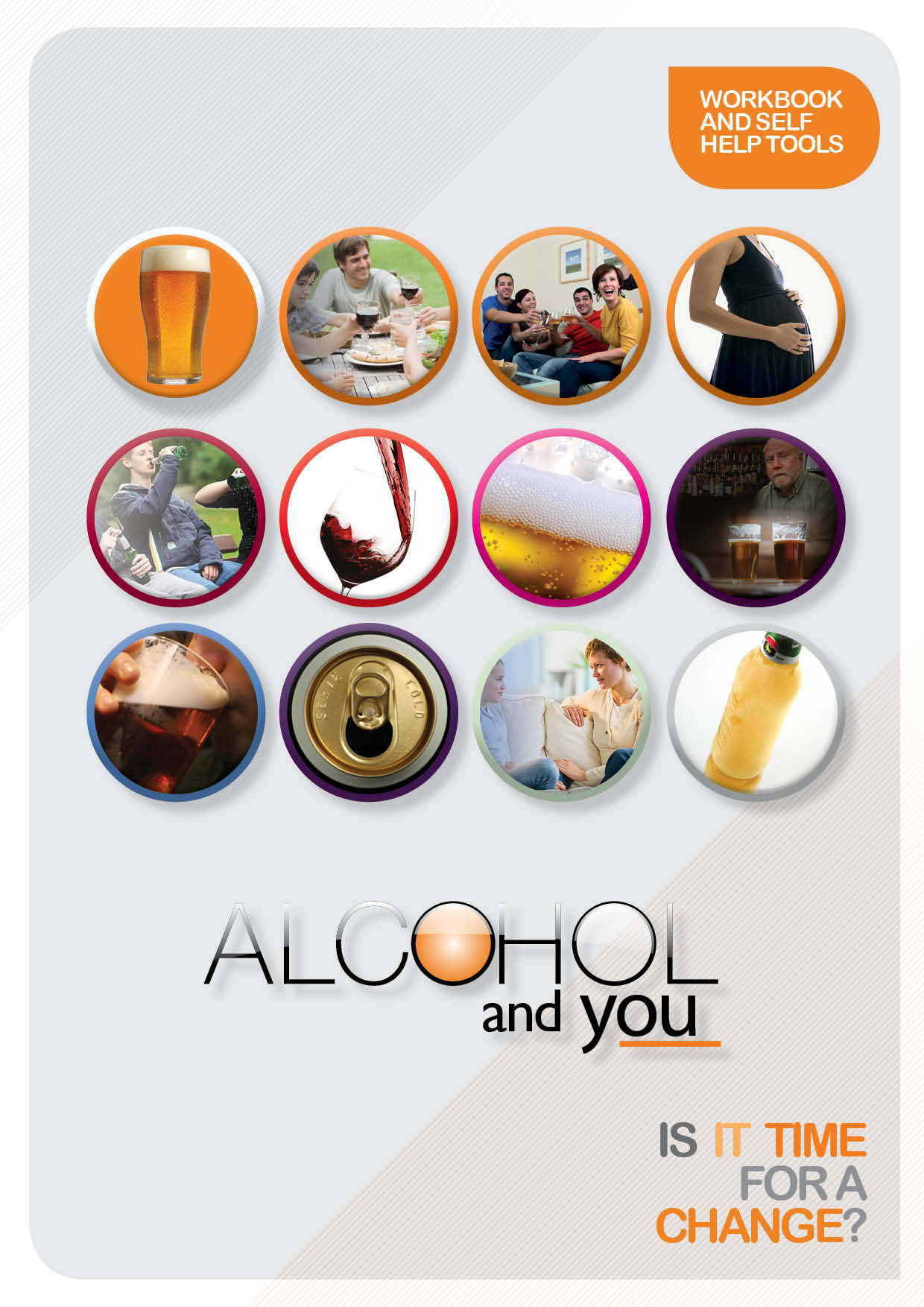
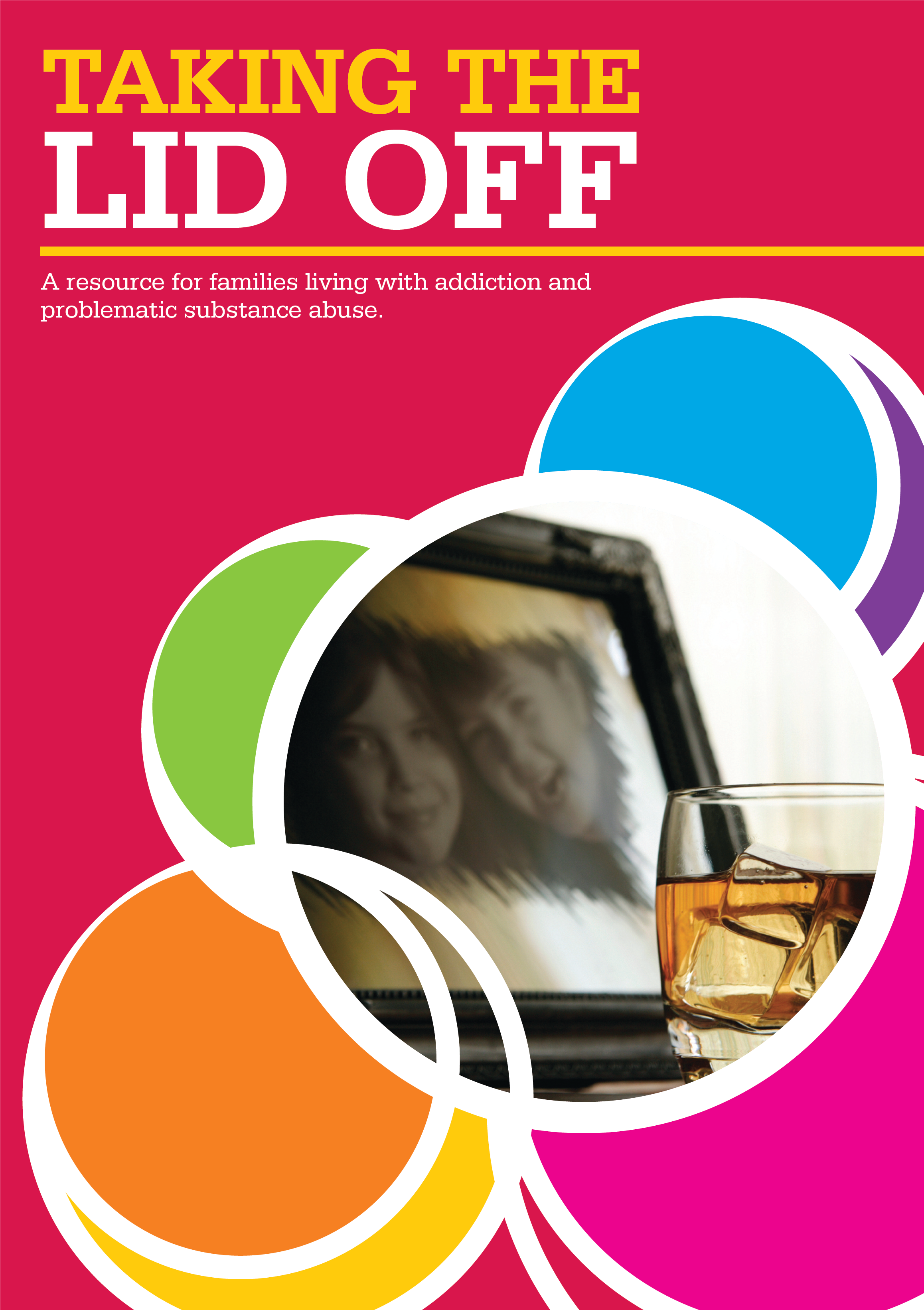
Living with addiction in your family?
There is no doubt the impact of living with someone else’s addiction can be devastating.
Yet family members can survive; even thrive despite the disruption caused
by these problems. This booklet provides information and suggestions for family members to help them support themselves when there is addiction or problem substance use in their family.
Stress and trauma and our nervous system
In this video Ed Sipler, Health Development Specialist, explains now stress and trauma affect us and gives some ideas for how you can manage how it affects you and be resilient.
Living with someone else’s alcohol and drug use or gambling?
When someone is living with some one else’s drinking, drug use or gambling problems the focus is often on managing the situation to keep things together. Family members often focus on the person with the problem and ignore their own needs.
This pocket guide for family members has been produced by Ed Sipler, Addictions specialist with SEHSCT that you can use to help you support yourself. You can download the guide with button below or watch a video about the guide.
Self-Care Now When We Need It Most
As we all move though these challenging times, looking after ourselves is more important than ever. In this video Ed Sipler, Health Development Specialist, presents some ideas for looking after your own wellbeing. The ideas are also brought together in a small booklet you can download below.
Dealing with worry in difficult times
A booklet has been produced to help people dealing with worry. Worry and anxiety are commonplace and now the added strain of Coronavirus pandemic, strengthening our resilience is more important than ever.
You can download the booklet below. We have also produced the short video here providing an overview of the key messages from the booklet.
Thinking about change with your alcohol or drug use?
When thinking about change, being unsure of what to do is normal with any change in your life, including decisions about your alcohol or drug use. Be honest with yourself, the only person who can decide what to do about drinking or taking other drugs is you. In this 15-minute clip addictions specialist Ed Sipler asks 8 questions you may find helpful to decide what is best for you. Feel free to share this with anyone you think it would be useful to you.
Are you coming back from a relapse?
Relapse is normal in the recovery from alcohol or drugs. It does happen. How people see that slip will affect what they do about it.
Addiction specialist Ed Sipler from the South Eastern Health and Social Care Trust and ASCERT have produced this short video as a self-help support for people that have experienced relapse and are trying to get back on track.
It will give ideas that people have found helpful. It will explore what happens when someone relapses and along with ideas that can help.
How you use the ideas in this short clip is entirely up to you. If you know someone who may benefit from it please feel free to share it.
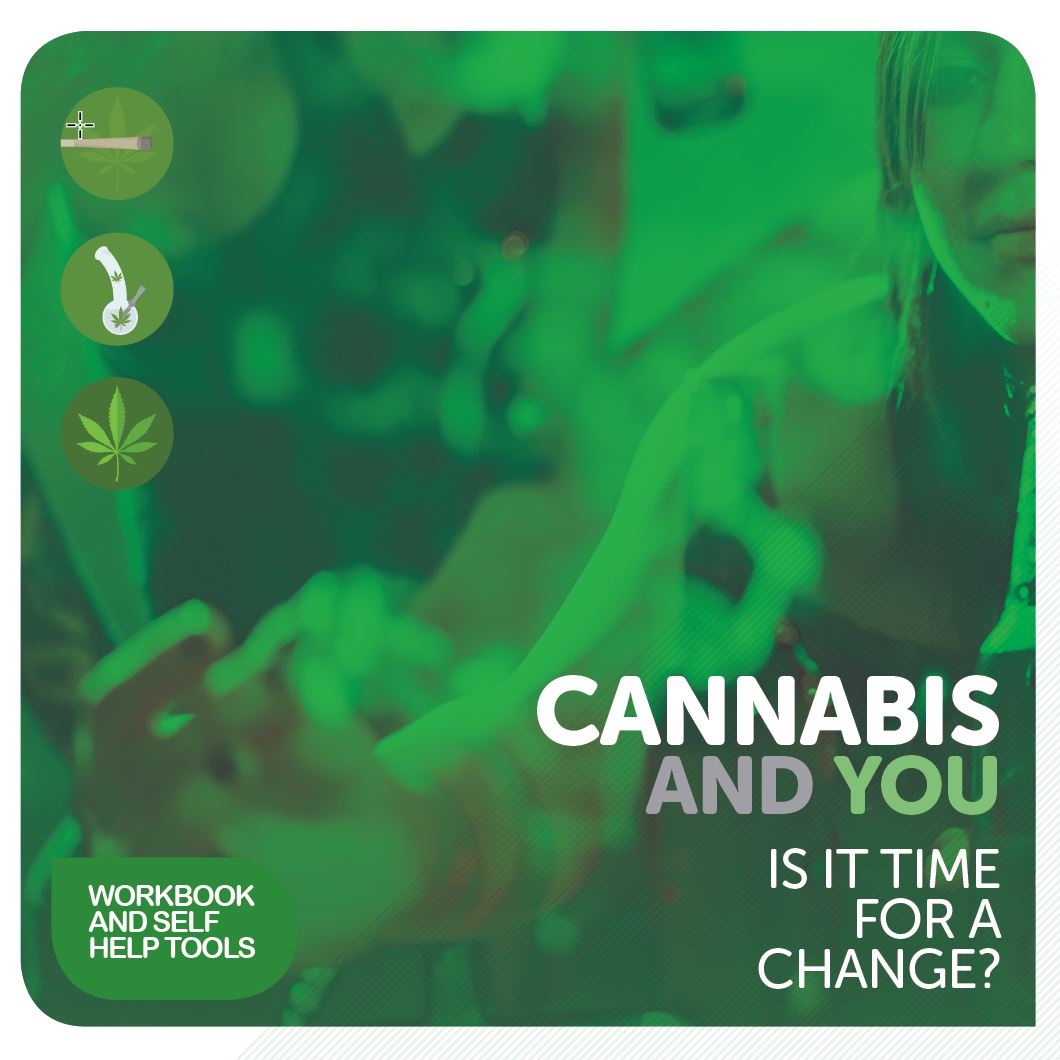
The Cannabis and You Self-Help Workbook
For many people, cutting down on cannabis would be a practical step forward. It could avoid a lot of problems in the future. Used in excess, cannabis is a dangerous drug. You may have concerns about your physical health. Download the self help booklet to help you look at you cannabis use and how to make changes. This workbook is not a replacement for professional help if you need it.
Steps to Cope
Information and an online self help tool for young people living with parental alcohol or substance or parental mental health problems. Many young people are living with these issues.
You are not alone.
Its important to take care of yourself.
You are not to blame.
You are not letting anyone down by getting some help.

If you are in crisis or despair, talk to someone, you are not alone.
Lifeline counsellors are available 24 hours a day, seven days a week to listen and help, in confidence.
Deaf and hard of hearing Textphone users can call Lifeline on 18001 0808 808 8000. Calls to Lifeline are free to people living in Northern Ireland who are calling from UK landlines and mobiles.
